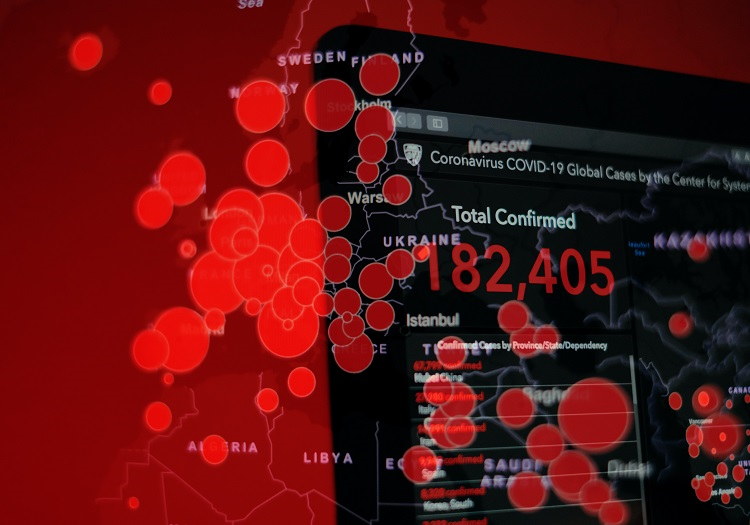India has reported more than 30 million Covid-19 cases since the pandemic started last year. Now it had reached a landmark of a sort with the number of cases that have been reported to date. So what is the new record that had been broken by India? Let’s see.
Government data showed there were 50,848 infections recorded over a 24-hour period on Wednesday, bringing the total reported cases to 30.02 million. The reported daily death toll was 1,358.
India’s Covid Cases Cross 30 Million

The only country that has a higher number of cases of Covid 19 than India is the United States Of America. The second wave of coronavirus that affected India from the month of March had been vastly devastating to the people of the country. It was overwhelming, and many people lost their life. The situation was too dire for even the health care facilities to provide for all the affected people.
The highly infectious variant of the coronavirus known as the Delta variant was first found and reported in India. It had now spread to more than 80 countries all over the world. It is much more dangerous and much more infectious than the other variants. The World Health Organization has announced that the delta variant is becoming the dominant variant of the coronavirus all over the world.
Some economists, including Kunal Kundu from Societe Generale, say that multiple waves of job losses, lost income, the unprecedented health crisis, and related expenses are likely to leave Indian consumers “deeply scarred.” The second wave of coronavirus in India took a huge toll on the people. This was indeed a very sad time for humanity.
How should medical professionals get ready for work?
Healthcare professionals must reopen their doors to all patients as we approach the new normal of living with Covid-19. Non-pharmaceutical interventions (NPI), including the use of face masks, hand hygiene, social distancing, and isolation, must be maintained until vaccines or drugs are available to combat Covid-19.
Clinics and hospitals must make the necessary adjustments to their infrastructure to screen and triage patients upon entry, provide segregation facilities for patients with suspected or confirmed Covid and others, provide adequate personal protection equipment (PPE) to healthcare workers in accordance with scientific guidelines, train the staff in the new methods of managing patients, and assign at risk personnel to non-frontline functions.
Conclusion
Covid’s destruction of our entire way of life shouldn’t make us ignore this chance for personal development. Now is the time for private companies to develop strategies that take into account the health of the entire population, not just the health of the people in their employ.
















